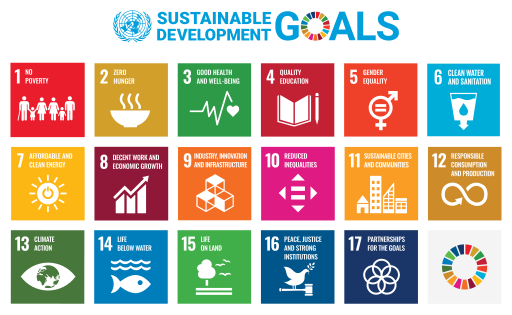RJE brings together a diverse team of dedicated professionals and subject-matter experts to deliver tailored consultancy services that meet the specific needs of clients. Our work focuses on climate resilience, sustainable development, and innovative environmental solutions across the following key thematic areas to generate carbon credits:
Carbon Project Development: Develop sectoral carbon credit projects under Voluntary Carbon Market (VCM) and Article 6.
Afforestation, Reforestation, and Restoration (ARR): Designing and implementing tree-planting initiatives to restore degraded lands, enhance biodiversity, and generate carbon credits for monetizing environmental benefits.
Methane Capture: Capturing methane emissions from agriculture and waste to reduce greenhouse gases and promote energy recovery, and generate carbon credits.
Mangrove Afforestation: Expanding mangrove coverage to protect coastal ecosystems and sequester carbon.
Wastewater Treatment: Offering sustainable solutions for treating and reusing wastewater to safeguard public health and the environment.
Clean Brick Production: Promoting eco-friendly brick-making technologies that reduce carbon emissions and pollution.
Bengal Blue Carbon Initiative: Enhancing carbon sequestration in coastal and marine ecosystems through innovative blue carbon strategies.
Community-Based Agroforestry: Supporting rural communities with integrated land-use systems that combine agriculture and forestry.
Sustainable Agriculture and Land Management: Promoting practices that improve soil health, productivity, and climate resilience.
Waste Management for Carbon Credit: Structuring waste management systems that generate carbon credits under global standards.
Landfill Management: Designing and upgrading landfill operations to minimize environmental impact and emissions.
Comprehensive Waste Management: Providing end-to-end solutions for solid waste collection, segregation, recycling, and disposal.
Agroforestry: Integrating trees into farming systems to increase productivity, biodiversity, and ecosystem services.
Improved Forest Management (IFM): Enhancing forest health and carbon stocks through sustainable forestry practices.
Regenerative Agriculture: Restoring soil fertility and ecosystem function through holistic farming approaches.
Alternative Wetting & Drying (AWD): Implementing water-saving techniques in rice cultivation to reduce methane emissions.
Agri Supply Chain: Strengthening the agricultural value chain for improved market access and climate-smart practices.
Single-Use Plastic (SUP) Reduction Initiative: Advancing strategies to minimize and eliminate plastic waste.
Zero-Waste Community Development: Building community models centered around zero-waste principles and circular economy.
Electric Vehicle Carbon Credit: Facilitating carbon credit programs through electric vehicle adoption and usage tracking.
Metro Rail Carbon Credit: Leveraging urban transit systems to generate verified emission reductions.
Blue Carbon (Mangrove, Seaweeds, Algae, Shrimp): Capturing carbon in aquatic ecosystems to combat climate change.
Ecotourism: Promoting responsible travel that conserves natural areas and benefits local communities.
Eco Products Supply Chain: Supporting sustainable product sourcing and supply chains rooted in environmental ethics.


House - 92, Road-05, Block-D,
Basundhara Residential Area, Baridhara,
Dhaka-1212, Bangladesh
House-37, Road-11, Block-H
Banani, Dhaka-1213 Bangladesh